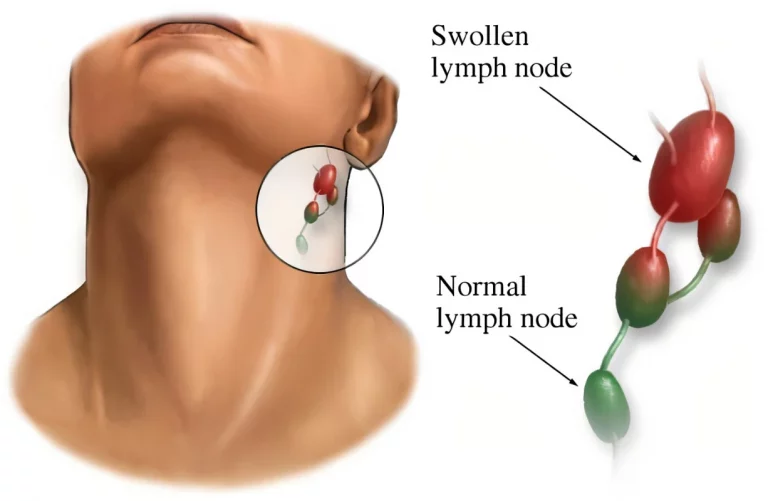Direct Treatment Vs Indirect treatment

The title of this article could also have been Conventional Medical Science vs Ayurveda, as these systems of medicine have very different concepts of the functioning of the human body, and the importance all aspects of your lifestyle have in maintaining health. A major difference between both is the approach towards treating disease and its cause. In modern medicine, a doctor will treat the symptoms, leading to symptom suppression, while in Ayurveda, the practitioner assesses your situation in a more holistic way, looking for the root causes of disease, which ultimately balance the body and hence treat the disease. We can classify these approaches as direct and indirect treatment.
Direct Treatment
Anyone visiting a doctor these days with a health concern tends to expect the problem to be addressed in a direct fashion. For example, if you have a persistent cough you will be likely to expect a prescription for some sort of cough medicine and there are in fact many hundreds of these in common use, most of them aimed at symptom reduction. It is, however, well known that the underlying cause of a chronic cough that won’t go away might be a problem in the digestive system or liver. One example of this is gastroesophageal reflux (GERD) which occurs when some of the acidic contents of the stomach push up into the oesophagus where they cause irritation. Simply stifling the cough reflex is not going to prove an effective treatment for the problem.
A doctor treating a person who has asthma will prescribe medicine for asthma. If they are suffering from high blood pressure, then they will take medicine for high blood pressure. This has always been the system of conventional medicine – the direct approach.
Indirect Treatment
Other ailments can be even more challenging. Migraine, for example, can have widely varying causes and triggers and these are often completely missed in the course of trying to kill the pain. Some examples of areas that might require detailed investigation include diet, stress or hormonal fluctuations, the latter particularly in women.
Any treatment program for a persistent or chronic condition therefore requires careful practitioner assessment if the treatment is to be effective and lasting. There is a saying in natural medical circles: “Where it is is where it’s not” and this is very often true.
With Ayurveda, if a person is suffering from any disease, then we analyse the energy imbalances in the body through pulse diagnosis, physical observation and understanding the person’s current lifestyle, habits and relationships. From this an Ayurvedic practitioner can understand how the disease has developed. We start treating the root causes of the problem, not just the symptoms, hence Ayurvedic treatment is an indirect approach. Indirect treatment is then the only proper solution and this calls for the services of an experienced practitioner.
At Yatan Holistic Ayurvedic Center, we provide a holistic, individualized treatment plan after a thorough Ayurvedic assessment of your current state of health. Over time, your physical, mental and spiritual wellbeing will become balanced, with increased vitality and ability to enjoy all aspects of your life.
Please call our centre on 1300 552 260 to find out how Ayurveda can help address your health concerns.

*Discover holistic healing with a complimentary phone or video consultation from our expert Ayurvedic practitioner. Start your path to better health today!*























